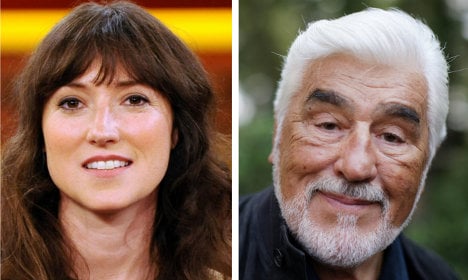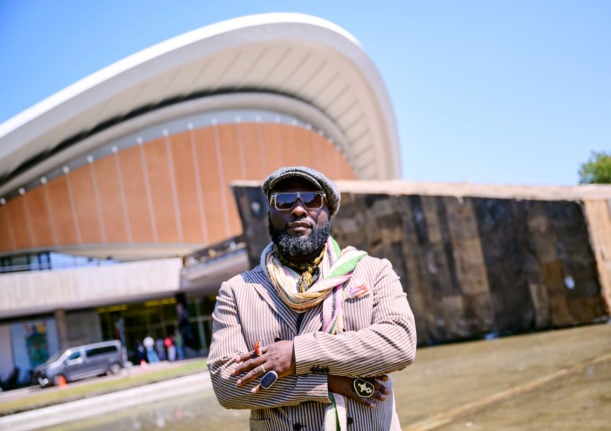The letter, to be published in major weekend paper Die Zeit, is an indirect attack on several political parties who have responded to the rampant success of the Pirate Party by announcing initiatives to relax copyright law when it comes to the internet.
The letter had 100 initial signatories, including writers Charlotte Roche and Martin Walser, author and musician Sven Regener, and veteran actor Mario Adorf.
The letter describes copyright as an “historically won civil right” and the “material basis for individual intellectual creativity.” It also challenges the argument that the interests of copyright holders and so-called “hosts” – i.e. publishers, record companies and royalty collectors like GEMA – are automatically at odds.
This is a rejection of the view of some internet activists, that artists should bypass such companies and sell their work directly to consumers.
German artists have been campaigning against the political inroads made by the Pirate Party more vociferously recently.
A similar letter by 51 scriptwriters from Germany’s long-running cult detective show Tatort accused the “internet community” of attempting insert a culture of “everything for free” into German law.
Several artists also took out an advert in financial daily Handelsblatt in which they appeared under the slogan “My head belongs to me.”
Much of Germany’s creative community was also galvanised by a March radio interview by Regener, singer in the band Element of Crime, in which he ranted against the Pirate Party.
Christopher Lauer, spokesman for copyright issues in Berlin’s Pirate Party, responded to the artists on Twitter, “Regardless of how little we agree with the campaign in Die Zeit, we have to take it seriously. We need to reach out.”
But Leonhard Dobusch, blogger on netzpolitik.org was less understanding: “the attempt to suggest there is a unified front between copyright holders and hosts,” only proves that “that this unity is breaking down.”
The Local/DPA/bk



 Please whitelist us to continue reading.
Please whitelist us to continue reading.
Member comments